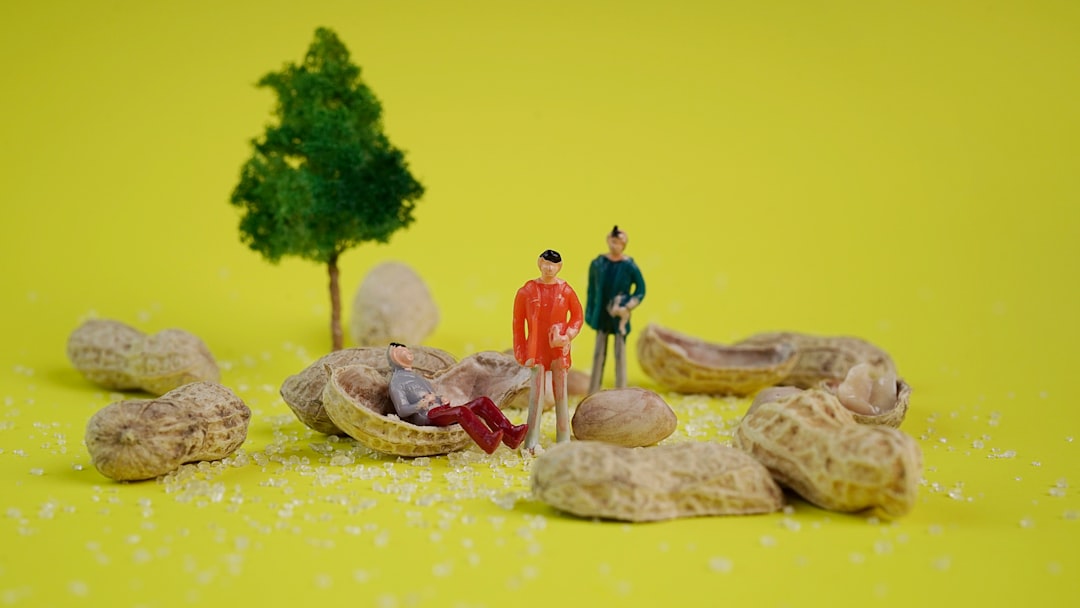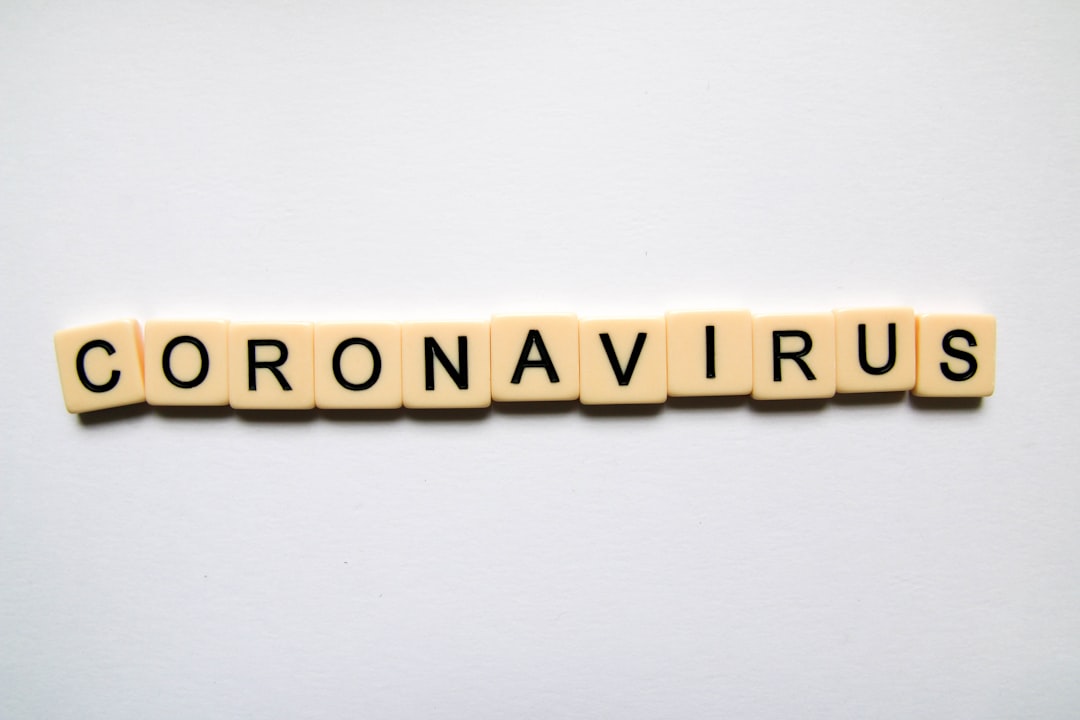What is it about?
High postprandial lipemia, the excess increase in blood triglyceride after eating, is associated with higher risk for heart disease. The blood triglyceride can remain high for more than 6 hours after eating foods with lots of fat. Even a single session of low-intensity exercise, such as walking, can reduce blood triglycerides after eating. This study showed that after walking for 1 hr, blood triglyceride is lower after a fatty meal in the next day, compared to no exercise. The benefit of exercise is more than energy expenditure, because the triglyceride-lowering effect is still present after the subjects eat more calories after exercise.
Featured Image
Why is it important?
We spend most time of the day at postprandial state, digesting and absorbing the food we eat. It means that our blood triglycerides are constantly high, especially after a meal with lots of fat. The high blood triglycerides will increase inflammation, a trigger for many chronic diseases such as heart disease and cancer. Exercise can reduce the post-meal blood triglycerides increase through a wide variety of mechanisms. This study showed that even the exercise did not burn excess energy (the calorie burned from exercise was put back to the meal after exercise), it is still as effective in preventing excess increase in blood triglycerides as no calorie is eaten after exercise. Therefore, we can still eat post-exercise meals to replenish glycogen and prepare for next workout, while still enjoying the benefit of reduced blood triglycerides after meals.
Perspectives
We should not feel guilty about eating after exercise because it allows us to replenish glycogen and other nutrients we just burned during exercise. It is crucial to prepare us for the next effective workout. This study shows that the calorie burned during exercise is not responsible for the triglycerides-lowering effect. So the post-exercise recovery foods will not reduce its beneficial effects in lowering blood triglycerides. There are many potential mechanisms for this effect. We investigate the changes in expression of several lipid transfer genes in white blood cells after exercise, but didn't find any change.
Dr Chen-Kang Chang
National Taiwan University of Sport
Read the Original
This page is a summary of: Energy replacement using glucose does not increase postprandial lipemia after moderate intensity exercise, Lipids in Health and Disease, January 2014, Springer Science + Business Media,
DOI: 10.1186/1476-511x-13-177.
You can read the full text:
Contributors
The following have contributed to this page










